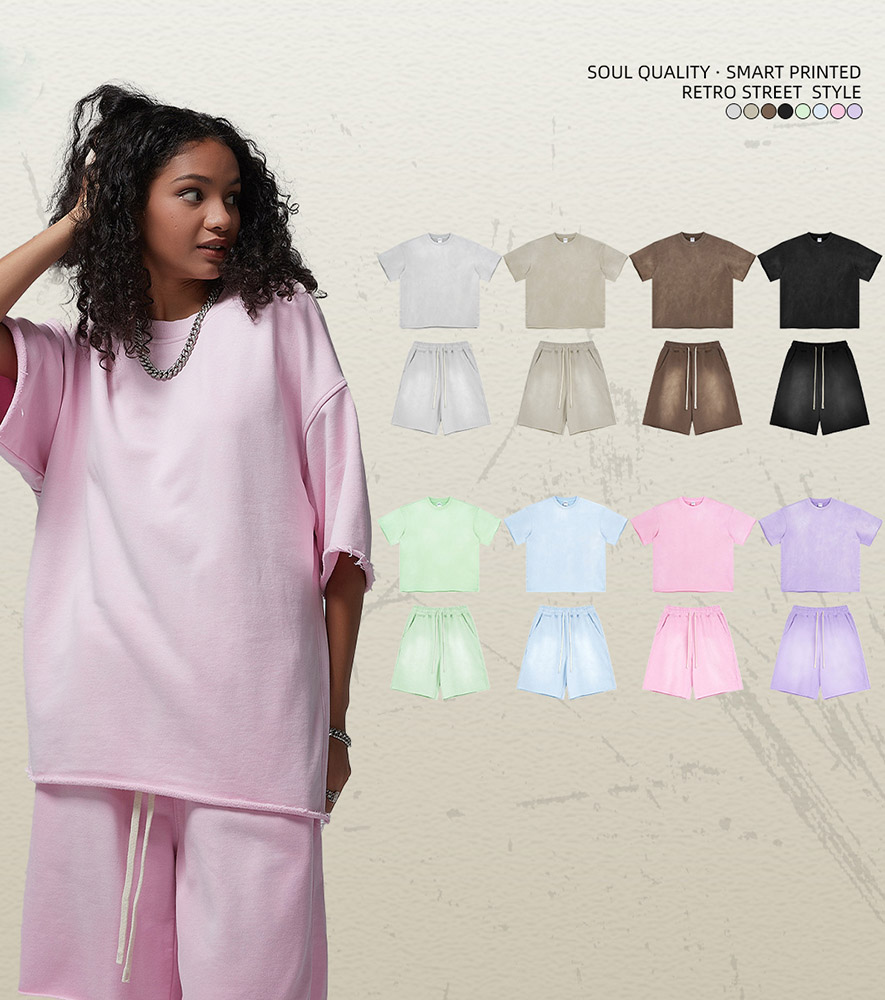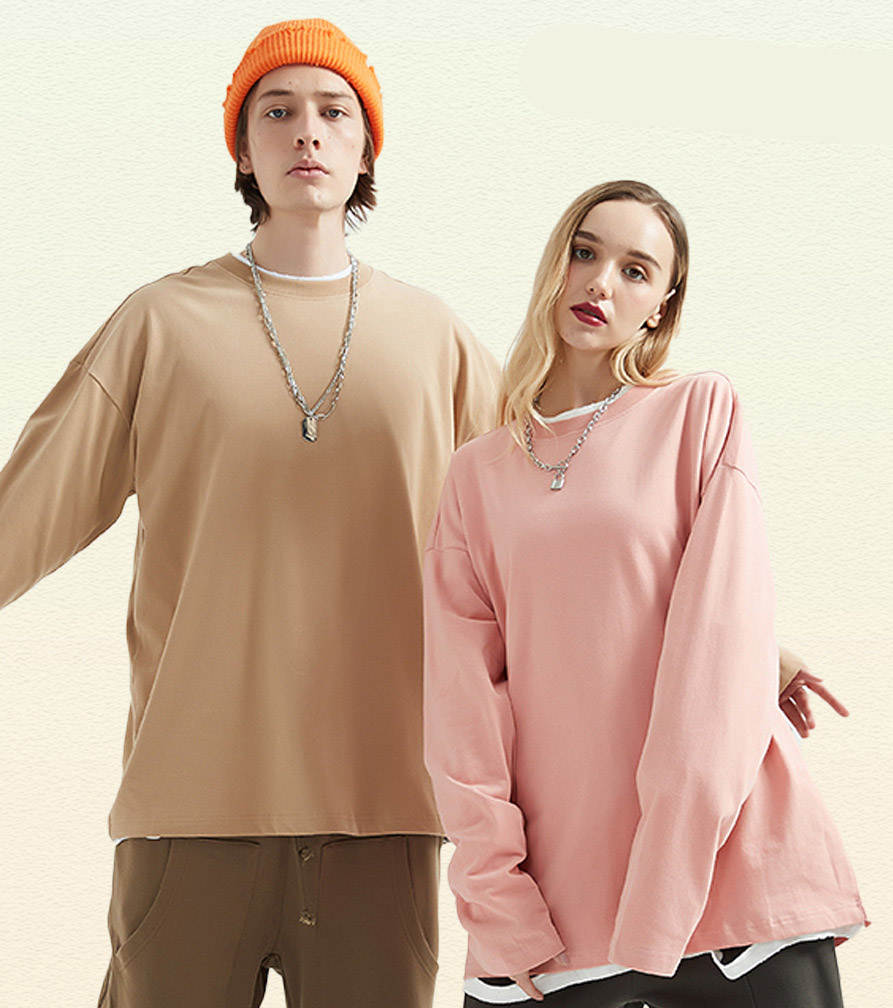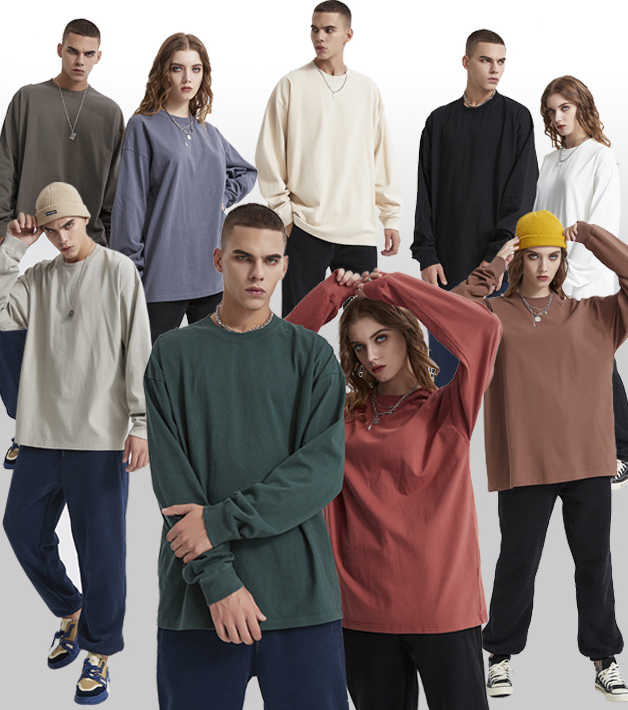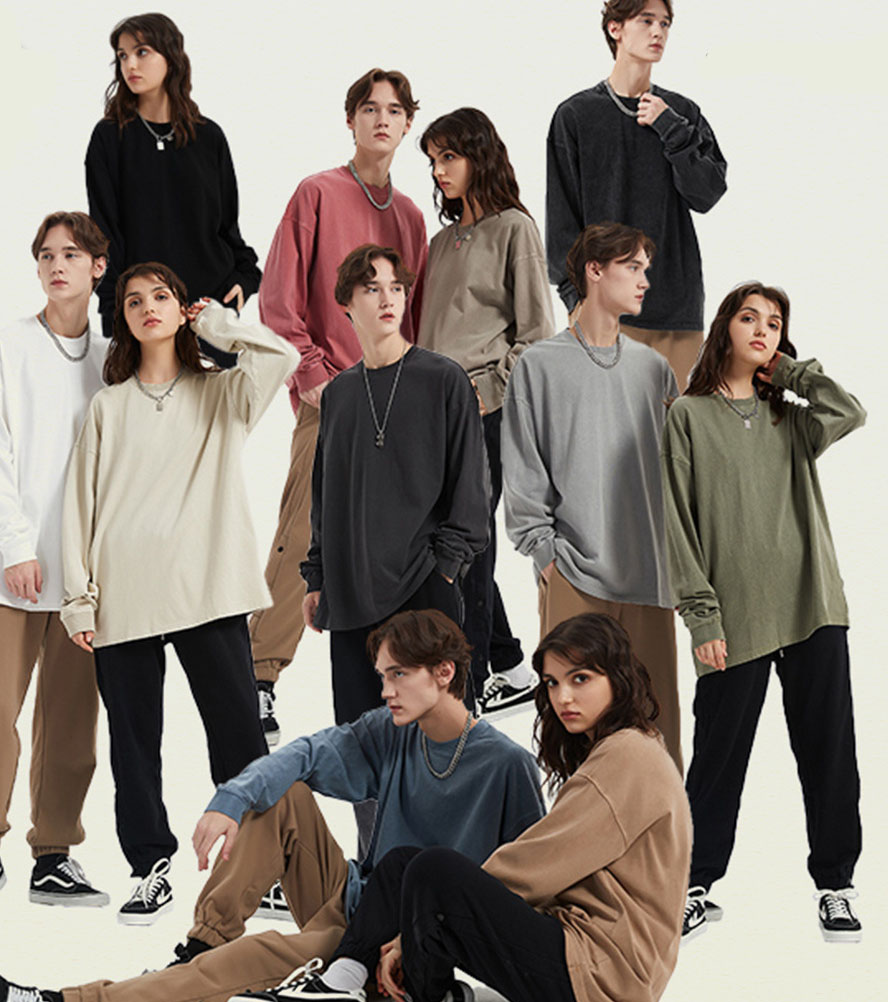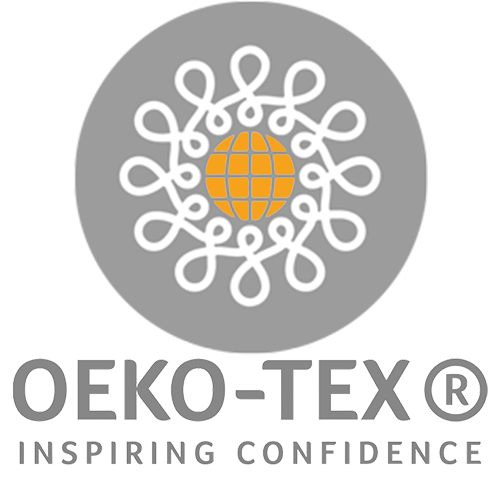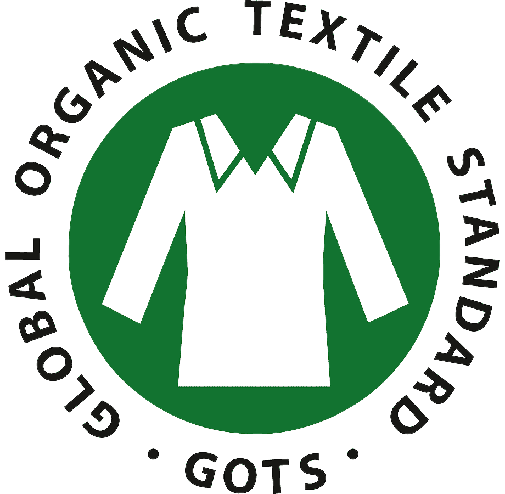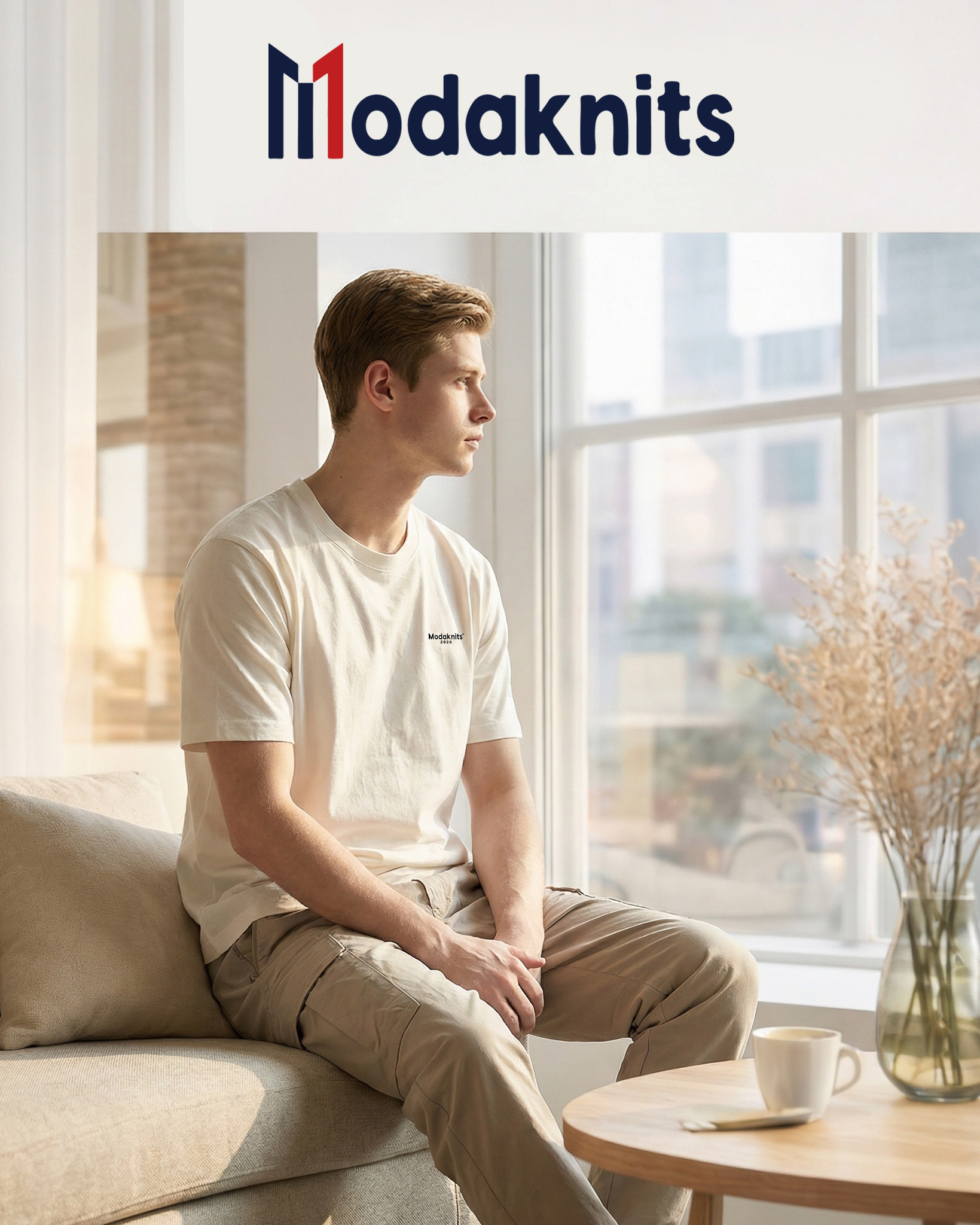I get this question constantly from founders and designers: “What’s a private label clothing manufacturer1, and how does it work for lingerie or intimate wear?” As someone who’s helped brands—from first-time entrepreneurs to global players—bring custom lingerie collections2 to market, I know how critical it is to understand the private label model3 before investing your time and budget.
A private label clothing manufacturer is a specialist that helps brands design, develop, and produce apparel—like bras, panties, shapewear, and sleepwear—under the brand’s own name. You provide the vision; they manage everything from design tweaks4 to large-scale manufacturing5, often with a flexible, supportive process that makes launching or scaling an intimate apparel brand possible for almost anyone.
Let’s unpack the details: what private label really means, how manufacturers support your growth, the process from idea to product, and how to choose the right partner for your intimate apparel journey.
What Does "Private Label" Mean in the Apparel Industry?
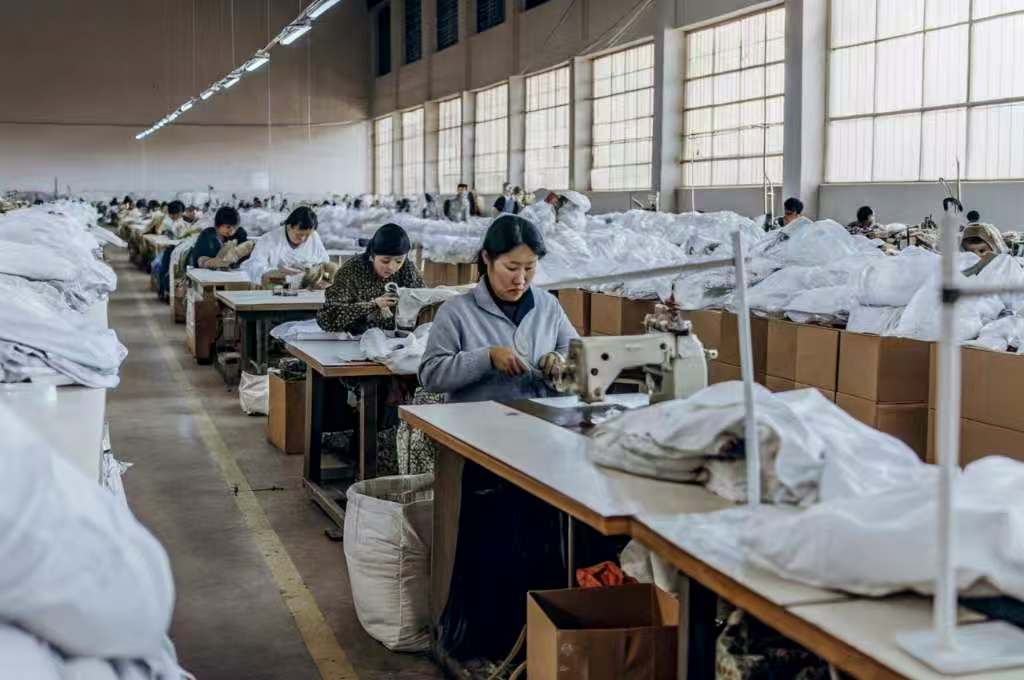
Garment Factory Workers Private label isn’t just a shortcut for launching a brand. It’s an entire business model that gives you control over your own designs, quality standards, and marketing—without owning a factory.
In apparel, “private label” means a manufacturer produces custom clothing (or underwear) under your brand’s name and according to your specs. You own the design and branding; the manufacturer owns the know-how and production resources.
How Do Private Label Intimate Apparel Manufacturers Work with Brands?
Here’s how the typical partnership flows in my experience:
How Private Label Works for Lingerie Brands
- You (the brand) provide sketches, reference samples, or select “base” designs from the manufacturer’s portfolio.
- The manufacturer creates prototypes, tech packs, and samples for your review.
- You iterate—making tweaks to fit, fabrics, lace, trims, and branding.
- Once approved, the manufacturer oversees sourcing, production, and full QC—delivering finished goods with your labels.
- All designs and intellectual property remain confidential.
Case Example:
A US-based lingerie startup I advised began with three private label bralette styles. The manufacturer handled everything: sourcing delicate lace, developing tech packs, producing samples, and shipping retail-ready pieces with the startup’s custom tags and packaging—all in under four months.
What Is the Difference Between Private Label and White Label Clothing?
These terms confuse even seasoned founders. The distinction comes down to customization.
Private Label vs. White Label (Lingerie Example)
| Model | Customization Level | Brand Control | Typical Use Case |
|---|---|---|---|
| Private Label | High: design, fabric, fit | Total | Unique lingerie, special sizing, DTC launches |
| White Label | Low: stock products only | Limited | Quick-launch basics, Amazon, mass market |
Tip:
Private label is ideal if you want control and originality; white label is fastest for testing a new category or selling standardized styles.
What Is the Role of Private Label Intimate Apparel Manufacturers?
Intimate apparel is one of the most demanding fashion categories. Fit, comfort, and support matter as much as style—and small mistakes can make or break your collection.
A good private label intimate apparel manufacturer guides you through every step, from sketch to sample to bulk order, solving technical challenges and helping your brand stand out.
How Do They Help Brands Create Custom Lingerie and Intimate Wear?

Manufacturers do more than “make things”—they add real value through expertise.
Ways Private Label Factories Support Brands
- Product development: Turn your sketches or mood boards into real patterns and prototypes.
- Material expertise: Advise on stretch, comfort, breathability, and safety for sensitive skin.
- Fit & grading: Ensure comfort for a range of sizes, including plus or petite.
- Trend support: Share fabric/color forecasts, help brands stay ahead.
- Compliance: Guide brands on care labeling, product safety, and import rules.
Personal Insight:
One Modaknits client used our factory’s technical team to perfect a wireless bra for larger cup sizes. It took four sample rounds, but the result was a unique, ultra-comfy style that quickly became a bestseller.
What Services Do Private Label Manufacturers Offer, from Design to Delivery?
Top manufacturers are “full package” partners—especially in lingerie, where detail is everything.
Full-Service Private Label Support
| Service | Brand Benefit |
|---|---|
| Sampling & tech packs | Speed up design-to-sample timeline |
| Sourcing of fabrics/trims | Access to specialized lace, mesh, etc. |
| Custom fit & size grading | Market to more body types |
| Production & assembly | Consistent quality, scalable volume |
| Branding/packaging | Ready for DTC, boutique, or retail |
| Global logistics | Door-to-door shipping, customs support |
What Are the Key Benefits of Working with Private Label Intimate Apparel Manufacturers?
Launching a lingerie line used to require huge investment and deep technical know-how. Private label has changed the game, giving founders a smarter way to test, launch, and scale.
You save time, lower risk, and get expert support, all while focusing on your brand, marketing, and customer experience.
How Can Brands Save Time and Money with Private Label Production?
Efficient private label partners shorten your time to market and limit costly missteps.

How Private Label Helps Brands
- No need to build a factory or hire a full team
- Faster product launches (weeks, not months)
- Lower minimum order quantities (MOQs)
- Easier to update or expand collections seasonally
- Shared R&D and technical support (less risk on new features)
Example:
A direct-to-consumer startup I worked with launched with only $15,000 in development and inventory, leveraging the manufacturer’s low MOQ and ready-made packaging solutions.
What Opportunities Exist for Startups in the Intimate Apparel Market?
Private label unlocks niches and business models once reserved for big brands.
Startup Opportunities in Private Label Lingerie
| Market Trend | Private Label Opportunity |
|---|---|
| Inclusive sizing | Launch true plus, petite, or specialty lines |
| Eco/sustainable demand | Use certified fabrics and ethical factories |
| DTC/e-commerce boom | Test new ideas without retail risk |
| Rapid style turnover | Release micro-collections every month |
| Customization | Personalize fit, color, or branding at scale |
How Does the Private Label Manufacturing Process Work?
Knowing what to expect from your factory partner can help you budget, schedule, and avoid costly delays.
The private label journey runs from initial ideas to final delivery—with built-in quality controls and opportunities for feedback.
What Are the Main Steps from Concept to Finished Intimate Apparel?
Here’s the practical step-by-step workflow I follow with clients:
Step-by-Step Private Label Process
- Discovery: Brand shares concepts, mood boards, and target market
- Design: Manufacturer prepares tech packs, sketches, and material suggestions
- Sampling: Prototypes made, fit and comfort tested on real models
- Feedback: Adjust designs, finalize trims, approve fit
- Production: Order placed, raw materials sourced, in-line QC checks
- Finishing: Branding applied, care labels and packaging added
- Shipping: Final inspection, goods shipped to warehouse or fulfillment partner
How Do Quality Control and Customization Fit into the Process?
Customization is ongoing—not just a “one and done.” Quality is checked at every stage, and brands stay involved throughout.
QC & Customization Milestones
| Stage | QC/Customization Activities |
|---|---|
| Sampling | Fit, fabric feel, and durability tests |
| Pre-production | Final fabric/trims swatch sign-off |
| Production | In-line sewing, embellishment checks |
| Packing | Custom labels, polybags/boxes added |
| Final inspection | Random AQL check, brand approval |
Insider Note:
I encourage brands to join video calls during production QC—seeing your garments made in real time gives peace of mind and builds trust.
How Can Brands Find and Choose the Right Private Label Intimate Apparel Manufacturer?
Your success depends on choosing a partner who understands both fashion and technical lingerie construction.
The best manufacturers combine proven experience, responsive communication, and transparency about process, quality, and capacity.
What Criteria Should You Consider When Selecting a Manufacturing Partner?
Don’t settle for the first “yes”—ask targeted questions and look for alignment on both sides.
Criteria for a Strong Private Label Partnership
- Experience with intimate/lingerie manufacturing (not just basics)
- Transparent about MOQs, costs, and timelines
- Responsive, English-speaking account managers or merchandisers
- Ability to source specialty fabrics and trims
- Quality certifications and audit reports available
- Willingness to sign NDAs/confidentiality agreements
- References from other lingerie brands
Tip:
Ask for a factory tour—either in-person or via video. Good partners will be proud to show their facility and process.
How Can Brands Ensure Confidentiality, Quality, and Brand Alignment?
Don’t skip the legal and process protections—it’s your brand on the line.
Protecting Your Brand and Product
| Step | Why It Matters |
|---|---|
| Signed NDA/contract | Safeguards your design/IP |
| Sample approval | Ensures product matches your vision |
| Detailed PO/tech pack | Prevents miscommunication |
| Regular production updates | Flags problems before shipment |
| Post-delivery review | Continual improvement for next order |
Conclusion
Private label intimate apparel manufacturing is the backbone of today’s custom lingerie, underwear, and shapewear brands. With the right partner, you can focus on your brand’s identity and growth while experts handle the technical details and production. Whether you’re a startup chasing your first order or a scaling DTC label, private label makes high-quality, unique collections more accessible than ever.
-
Explore this link to understand the role and benefits of private label clothing manufacturers in the fashion industry. ↩
-
Learn about the process of creating unique lingerie collections tailored to your brand. ↩
-
Gain insights into the private label model and its advantages for new brands. ↩
-
Find out how small design adjustments can significantly impact the final product. ↩
-
Understand the complexities and advantages of large-scale manufacturing in the apparel industry. ↩




